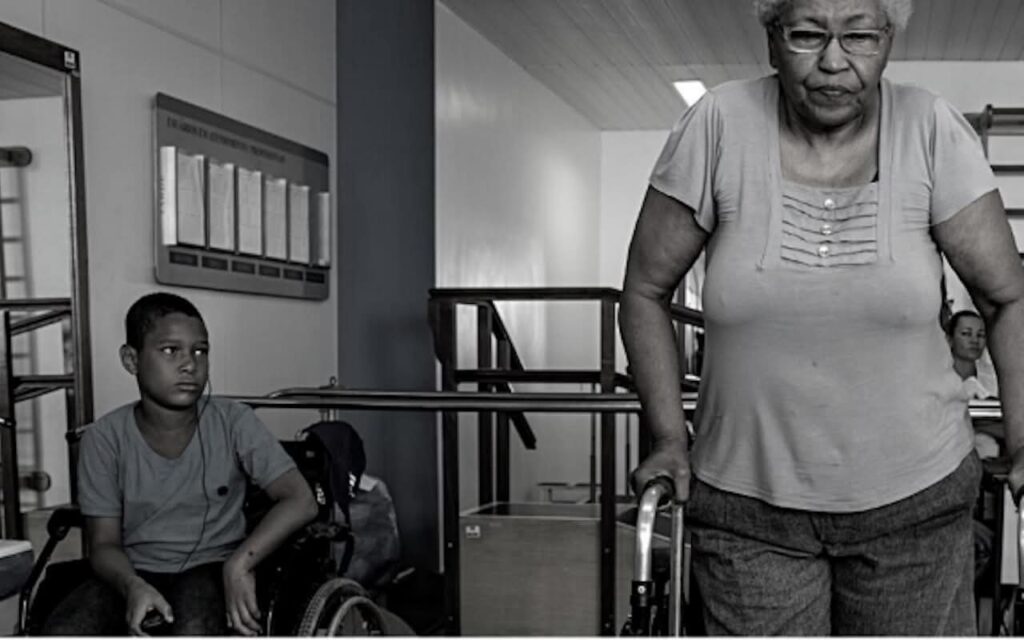Lusaka – African health ministers have adopted a key regional strategy to strengthen and fully integrate rehabilitation services into public health systems in the Region by 2035.
More than 210 million Africans need rehabilitation services, which are a range of health services for people with developmental disorders, injuries from road traffic accidents or other unintentional causes, or mental health problems. However, about two out of three people who need these services do not have access to them. Where these services are available, they remain inadequate because qualified professionals are scarce, limiting the coverage of rehabilitation services, particularly at the primary health care and community levels.
The Regional Strategy for Strengthening Rehabilitation in Health Systems, 2025-2035, adopted by ministers at the seventy-fifth session of the World Health Organization (WHO) Regional Committee for Africa, held in Lusaka (Zambia), aims to ensure that 60% of countries have a national rehabilitation plan with a dedicated budget, and that 60% of primary health care facilities integrate rehabilitation into essential health services.
To achieve these goals, the strategy calls on ministers to drive reforms in the health sector, allocate national funds to staff and infrastructure, train personnel, include rehabilitation data in national health surveys, and expand access to services, among other measures.
The strategy aims to ensure that rehabilitation is recognized as an essential health service. Rehabilitation can generate substantial savings across the health sector by promoting early discharge from hospital care, reducing the risk and severity of secondary complications, and reducing the need for costly treatments, with benefits for individuals, communities, and the health system.







OTHER ARTICLES
Editorial — Prevent, inform, and act for women’s health in Africa
Kenya : Government Prioritises Maternal Health and Strengthens Support for Community Health Promoters
Strengthening pandemic prevention, preparedness, and response capacities in Senegal using the “One Health” approach